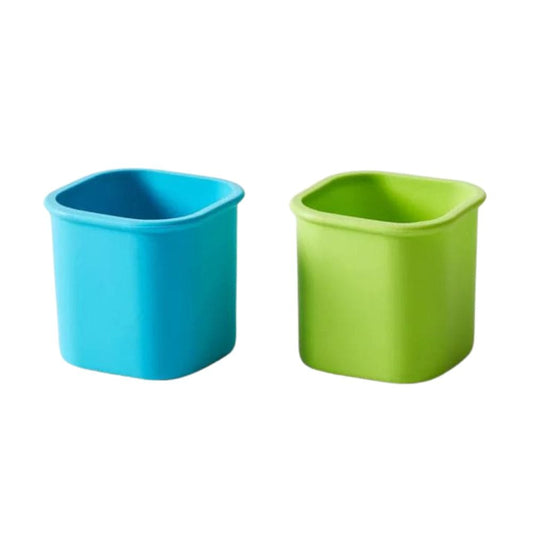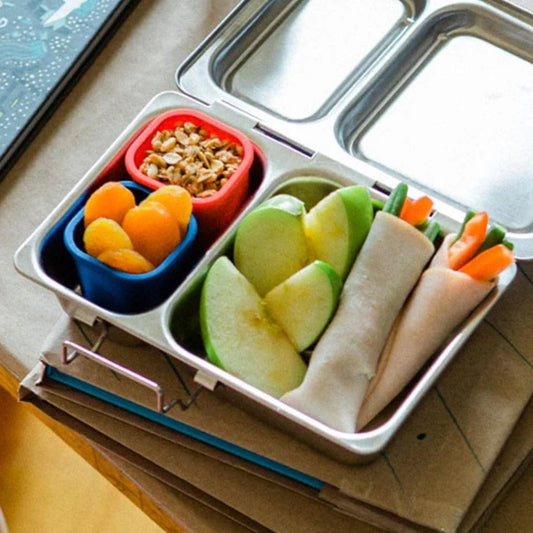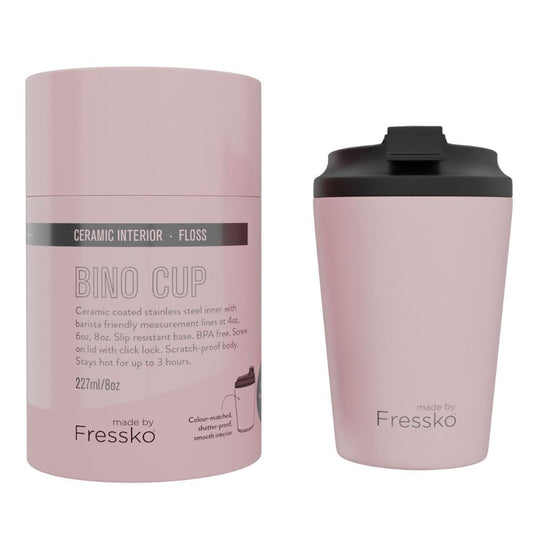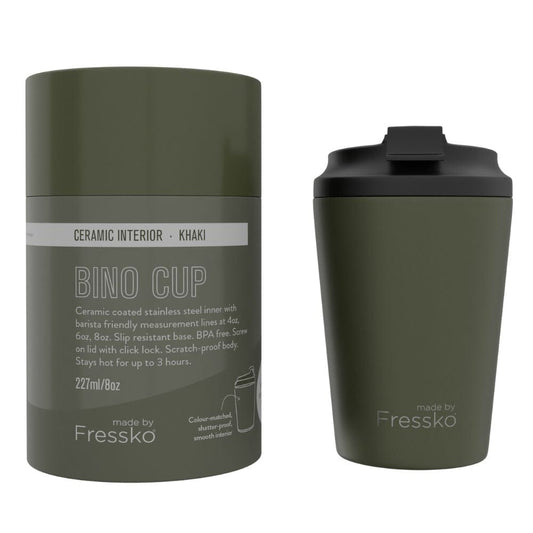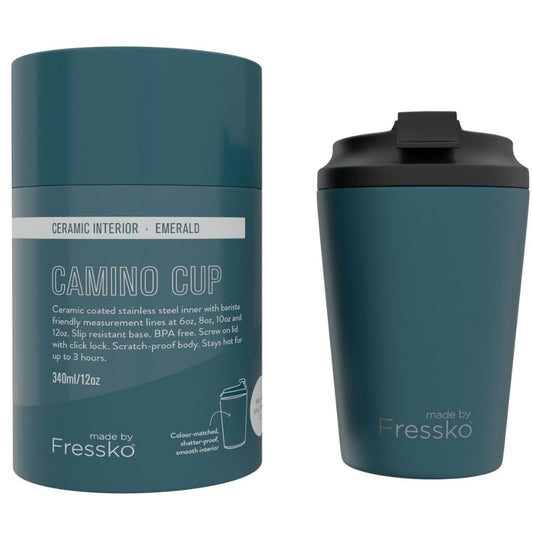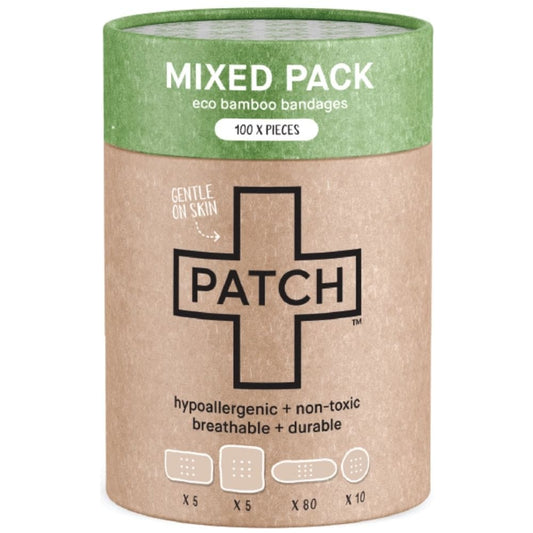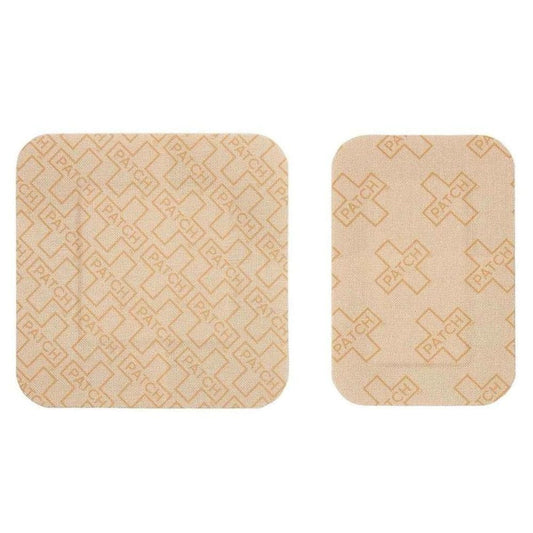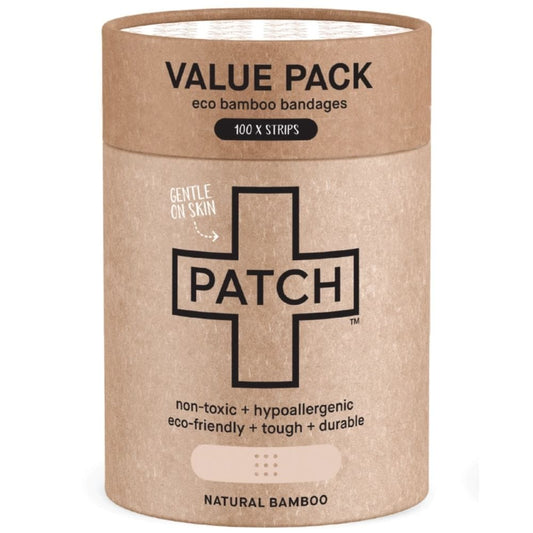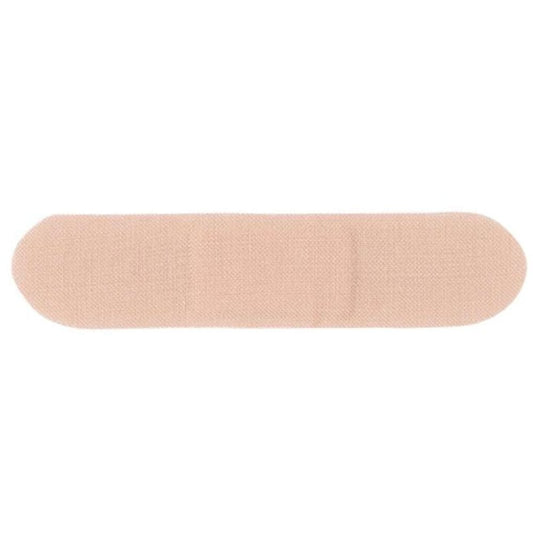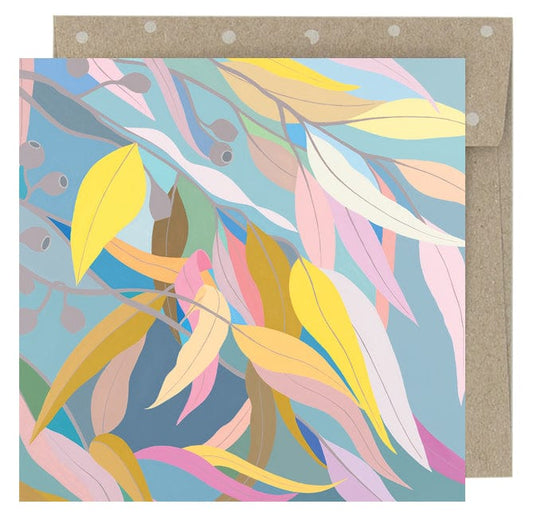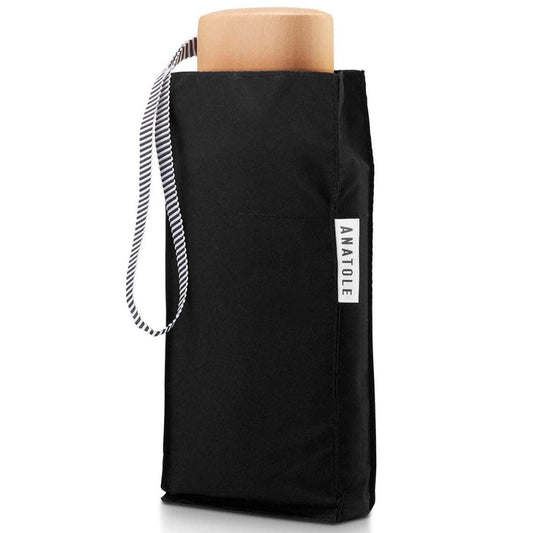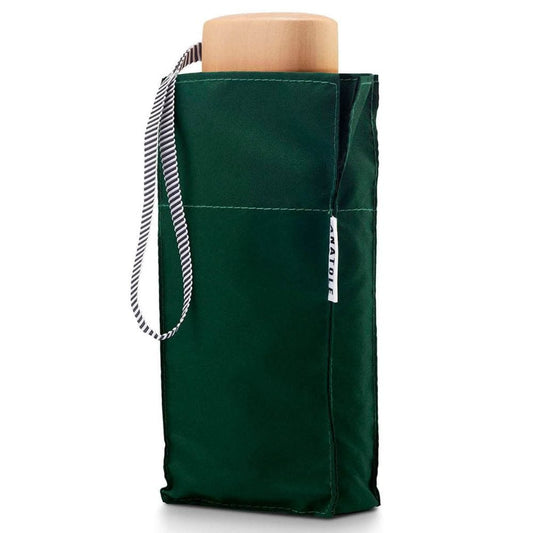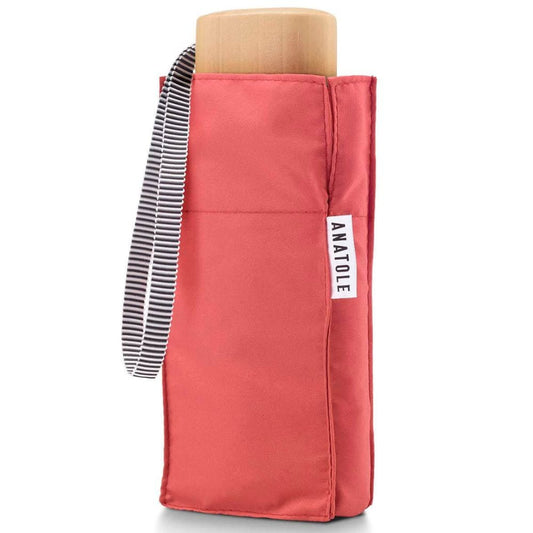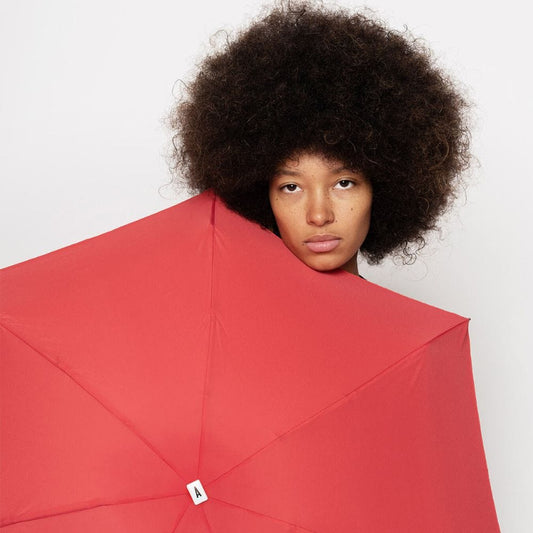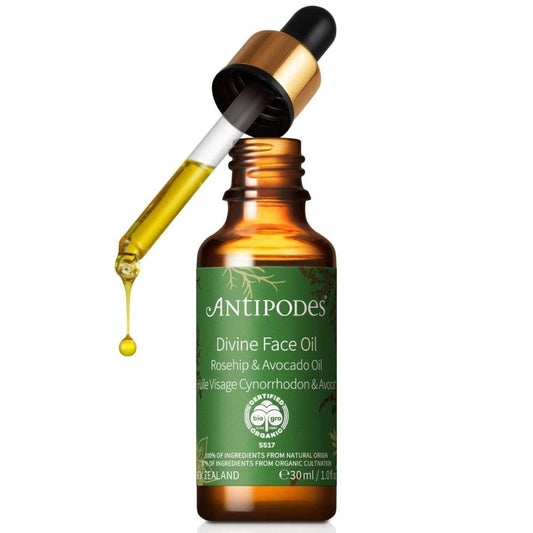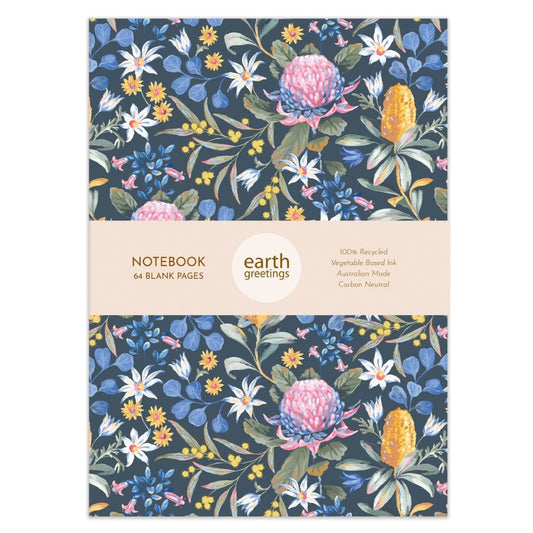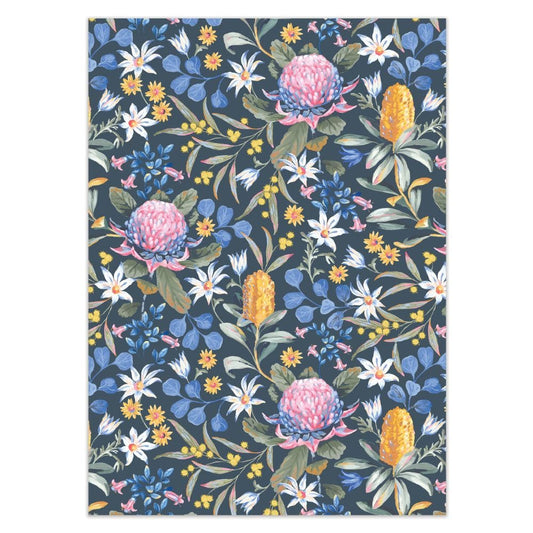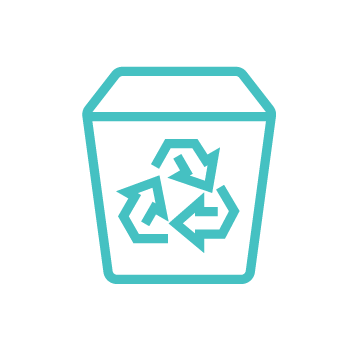
By Biome founder, Tracey
I love camping. I love escaping into wilderness. I love waking early to the birdsong, poking the campfire to life, and watching the day come alive. But, I rarely do it... So many of us are drawn to camping in the outdoors to be surrounded by the simplicity, calm and freedom of nature. We go camping to get away from the materialistic and encumbered parts of our everyday life. Yet, often we end up trying to lug substitutes for many of the comforts of home, turning the event into a stressful, cluttered experience.
Taking less stuff and being more prepared to 'make do' not only helps you feel more connected with the nature around you, but it makes it a whole lot easier to go in the first place!
Camping and hiking can also produce a lot of single-use plastic waste if we choose packaged convenience foods. But, going low waste or zero waste camping will make you feel even more in touch with the very environment your waste-free actions are intended to protect.
While minimalist camping for some means totally off grid with just a hiking backpack, in this post we cover how to pack for a night or two in a camp ground that you can drive to. So here's my tips for minimalist, low waste camping to make it as easy as possible for you get away soon with minimal fuss.
One Night, Close to Home
If you're in the mindset that it is too difficult to go camping because you don't have the right gear, or it's all too complicated, break the spell by making it just an overnight trip. That gets you in the mind frame of: "It's only one night, so I won't need that much". Then choose somewhere that you don't have to drive far to arrive at.
Tent & Bed
Ask around to borrow any gear that you don't own. Camping gear has to be one the most under-utilised possessions in most peoples' lives! Check out a share group such as www.shareshed.org.au or Brisbane Tool Library.- Small tent that is quick to erect
- Groundsheet to put under the tent
- Foam roll up mattress
- Sleeping bag (and blanket if needed)
- Pillow
- Headlamp: headlamps are excellent because they keep your hands free, reducing the need to take a stand alone lantern also.
- Bundle of strong cord: optional, but helpful for making a washing line or rigging something up.
- Folding stools: optional, but you can't always find a decent log.
Kitchen Kit
- If You Care fire lighters
- Firesteel: instead of matches or plastic disposable lighter.
- Gas cooker if needed: many parts of Australia are often in total fire ban so you may not be able to light a camp fire and will need to take a small gas stove. If a camp fire is allowed, check whether you will need to take your own wood. For example, in a National Park you are not allowed to collect wood from the bush.
- Billy for boiling water: or, to be super-minimalist, you can use your water bottle to boil water if it is a single wall stainless steel bottle such as a wide mouth Klean Kanteen, without the lid of course.
- Cooking pot: you could use the same as the water billy, but it's easier to just bring a second pot.
- BBQ tongs, stirring spoon, small sharp knife.
- Plate, bowl, mug*, and cutlery for each person: TIP - place each person's “mess kit” in a mesh produce bag. Each person washes their own after use and instead of drying up, you put them back in the bag and hang to dry.
- *Note on a mug or cup: I like taking my glass KeepCup with lid. It does me for coffee in the morning then a glass of wine in the evening.
- Washing up tub (borrow or make do)
- Dish liquid or soap bar: you're going in the car, so no need to decant - just grab whatever you use at home!
- Dish cloth
Food
One of the first steps in zero waste or low waste living is to reduce the waste you bring into your home in the first place. So for zero waste camping, you need to look at not taking anything that is going to leave you with packaging or other rubbish to dispose of. If you are already living low waste, catering without single use plastic and paper will be more straight-forward for you, but not too difficult for others.
Here's our tips to help you avoid buying convenience foods. Home made frozen meal: I know many families who already do this for their first meal at camp. The frozen meal will last the first day in your esky or cooler bag, ready for re-heating that night. A Glasslock glass container is perfect for this.
Dehydrate your own food at home: a more involved option, though ideal if you hike. There are plenty of tips and recipes to be found on the web for how to use a dehydrator to prepare meals See some links under Resources below.
Breakfast: porridge oats, left over bread from lunch to make toast. Go without butter, take peanut butter, Vegemite or jam from the cupboard at home. Lunch: pick up a loaf of fresh bread on the way in your reusable bread bag; avocado, tomatoes, carrots; cheese in a reusable wax wrap; your choice of protein. Snacks: fruit 'packaged' in its own skin (apples, oranges, banana, blueberries, kiwi fruit); any of your snacks from home in a reusable container; visit a bulk food dispensary with your own produce bags to gather nuts, dried fruit, and chocolate. Drinks: assuming the camping site has drinking water, just remember your reusable water bottles to refill. Reusable coffee filter and ground coffee (or instant coffee), hot chocolate, tea, beer and wine (try a reusable growler filled at craft brewery or wine store). Milk of your choice.
Esky & ice: freeze some blocks of ice in your freezer in plastic containers with leak proof lids. Dry ice is one way to have plastic free ice, but often requires driving a long way to the supplier. Recycling and scraps: Unless you are certain of the recycling facilities at the camp, take glass bottles, jars and paper to recycle at home. Take home food scraps for your compost in one of the containers you brought the food in.
Toiletries
This is a great chance to completely pare back and take a break from all the lotions and potions! Again, there's no need to put into small containers, just grab what you normally use off the bathroom vanity and toss in your toiletries bag.
- Toothbrush
- Toothpaste
- Deodorant
- Body/face oil/moisturiser
- Soap & shampoo bar in one
- Towel
- Hair brush: optional!
- Medication / necessities
- Sunscreen
- Insect Repellent
- First Aid Kit: keep it simple. Patch bamboo bandages
Clothing
It's just a night and day, do you really need more than what you leave home in, plus a jumper, an extra shirt, and change of underwear? Personally, I'd squeeze in clean organic cotton pyjamas, which are always a treat. Don't forget a hat and if near water, your swimmers (togs, bathers, depending on where you live!)
Activities
- Book to read
- Pack of cards
Hopefully, we have inspired you to get away from it all sometime very soon. I know I've inspired myself! Please share your tips on minimalist, zero waste camping in the comments below.
By Biome Founder, Tracey Bailey
Related Links
Even when taking the minimalist approach, it is important to be properly equipped with apparel that will keep you dry and warm. Check out our collection of hiking clothes.
Portable solar panels allow for emissionless power wherever you are. Check them out today!
Posts from Biome:
- Top Tips to Make Zero Waste Travel Easier including our Travel Container Kit
- More Low Waste Travel & Camping Ideas
- Sustainable & Convenient Travel Tips
- How to reduce waste during a camping trip
Posts from Elsewhere:










